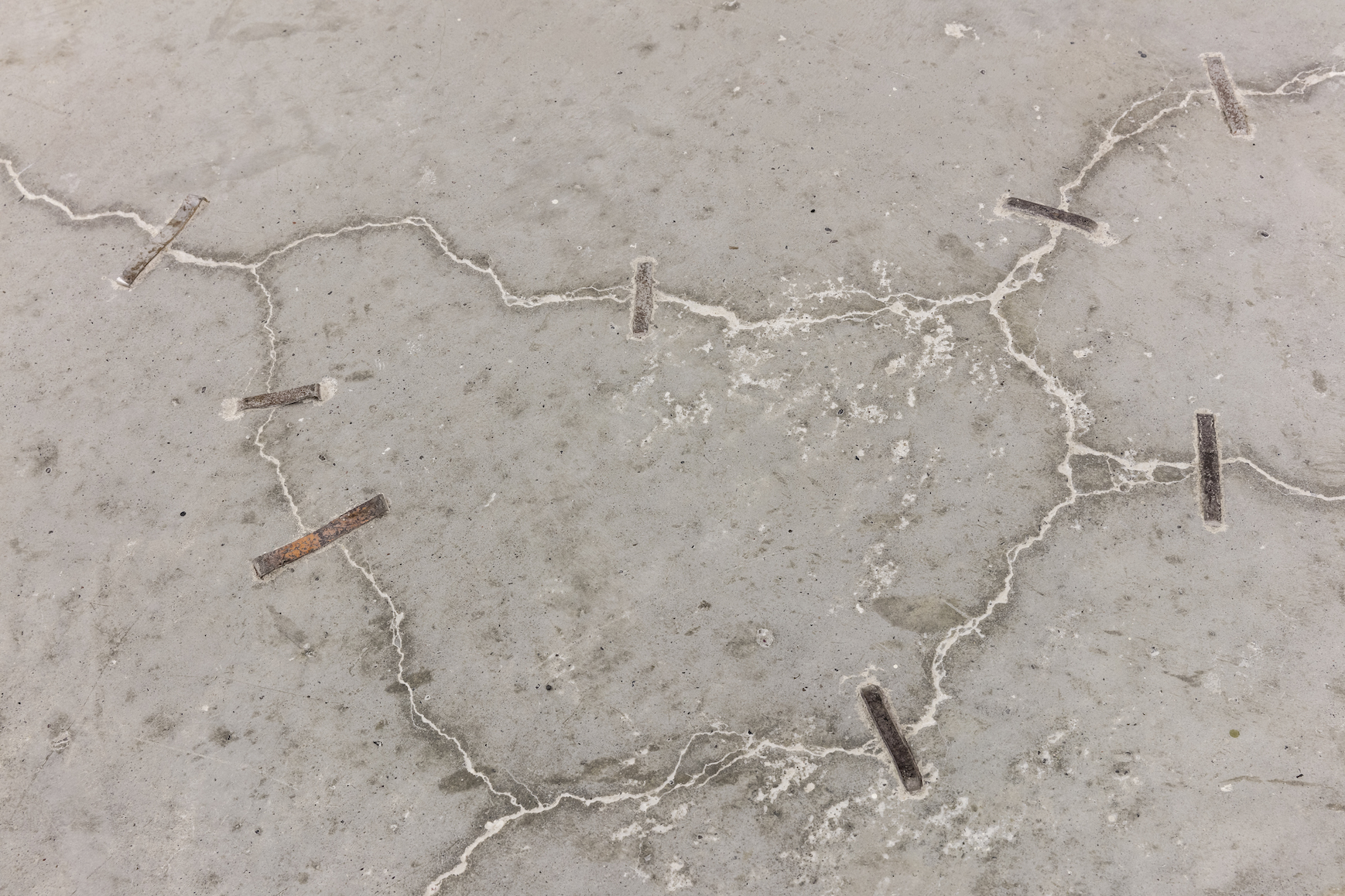Decolonial approaches to health, social and cultural repair

Conversation 17.12.2022 17:00
WITH Kader Attia
Language English
FREE ENTRANCE Donations welcome
Access Our space is accessible by wheelchair.
Please wear a mask while participating in events.
In what ways does a decolonial concept of „health“ need to relate to other knowledges and knowledge production otherwise? In this conversation we want to rethink and link „health" to spaces of possibility in which a fragmented, damaged society can enter into exchange with "lived knowledge"; spaces in which questions of social and cultural repair are addressed, spaces that can break the silence about experiences of coloniality and racial violence. The notion of repair, as developed by Kader Attia, refers to a constant in nature — thus also in humanity —, any system, social institution or cultural tradition can be considered as an infinite process of repair, which is closely linked to loss and wounds, to recuperation and re-appropriation. Attia's project La Colonie envisioned and activated a space to decolonize both knowledges and practices by valuing a transcultural, transdisciplinary and transgenerational approach in which everyone is welcomed and finds their place. How do such approaches contribute to imagine and work towards spaces of „radical conviviality“ (SAVVY Contemporary) in the here and now?
Kader Attia is an artist who explores the wide-ranging effects of western cultural hegemony and colonialism. Central to his inquiry are the concepts of injury and repair, which he uses to connect diverse bodies of knowledge, including architecture, music, psychoanalysis, medical science, and traditional healing and spiritual beliefs. Throughout his multimedia practice – ranging from sculpture to film installation – reparation does not mark a return to an intact state, but instead makes visible the immaterial scars of psychic injury. This approach is informed by Attia’s experience of growing up between Algeria and the Paris banlieues.
Attia’s work has been shown in biennials such as the Shanghai Biennial; Gwangju Biennial; Manifesta, Palermo; Venice Biennial, Venice; and Documenta, Kassel. Notable solo exhibitions include Kader Attia. Remembering the Future, Kunsthaus Zürich, 2020, The Museum of Emotion, The Hayward Gallery, London, 2019; Scars Remind Us that Our Past is Real, Fundacio Joan Miro, Barcelona, 2018; Roots Also Grow in Concrete, MAC VAL, Vitry-sur-Seine, 2018; Repairing the Invisible, SMAK, Ghent, 2017; The Injuries are Here, Musée Cantonal des Beaux Arts, Lausanne, 2015; contre nature, Beirut Art Center, Beirut, 2014; and Continuum of Repair: The Light of Jacob’s Ladder, Whitechapel Gallery, London, 2013. Attia has shown in group exhibitions at venues such as MoMA, New York; Tate Modern, London; and Centre Pompidou, Paris. Attia has been awarded the Marcel Duchamp Prize (2016), the Joan Miró Prize (2016), and the Yanghyun Art Prize (2017). In 2016, Kader Attia founded La Colonie in Paris’s Gare du Nord area as a radically open space for decolonial thinking, debate, and cultural activism. Attia was the curator for the 12th Berlin Biennale in 2022. Attia lives and works in Berlin and Paris.
The event is part of the workshop De/coloniality, (Post)migrancy, and Racialization: Conceptualizing a Future of Global Health, organized by Hansjörg Dilger (FU Berlin), Seth Holmes (University of California, Berkeley), Ulrike Kluge (Charité & Humboldt-Universität zu Berlin) and Regina Römhild (Humboldt-Universität zu Berlin).
Image Kader Attia. Traditional Repair, Immaterial Injury, 2014 (In situ floor sculpture. Metallic staples, concrete), Exhibition view “The Field of Emotion”, The Power Plant, Toronto, Courtesy of the artist, Photo: Tony Hafkenscheid.
